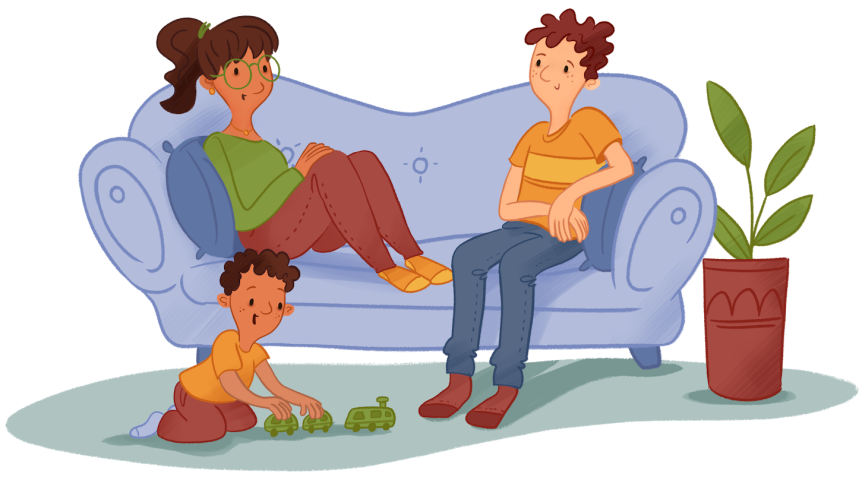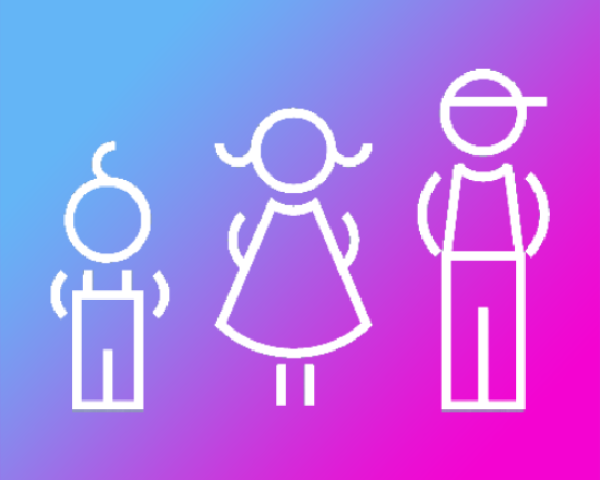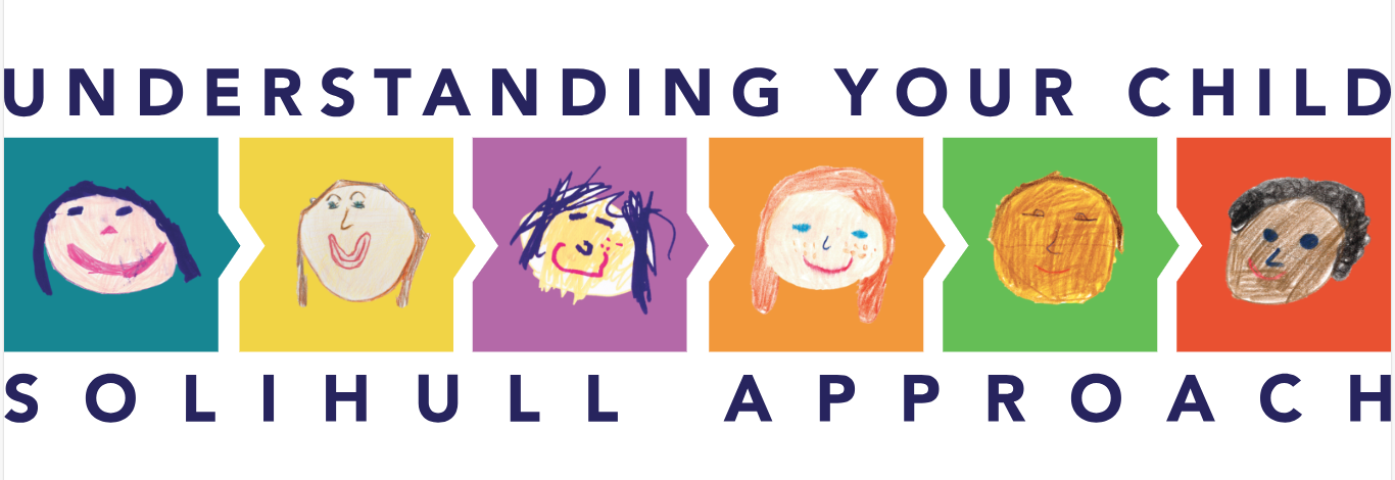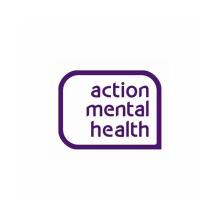
Supporting children and young people
There are things everyone can do to support the mental health and wellbeing of children and young people at every age.

Supporting a child or young person
There are things everyone can do to support a child or young person's mental health:
Listen
Regularly ask them how they are, encourage them to speak about their feelings and stay in the moment during each conversation and listen.
It is important to respect a child or young person's boundaries and space if they aren't ready to talk about how they feel. Be patient and let them know you are there to listen whenever they are ready to talk.
Show interest
Staying involved in your child's life, finding out what they are interested in and what matters to them builds a connection and helps you spot changes in their wellbeing or mental health early.
Support them through difficulties
This could include being there through challenging behaviour and feelings, helping them understand their behaviour and feelings, and helping them find solutions. It could also involve helping them to consider how to respond to the social challenges they are facing.
Build good routines
Having good routines during childhood and adolescence can help protect mental health and wellbeing. This includes routine in relation to sleep, exercise and eating a balanced diet.
Take 5 steps to wellbeing
Encouraging and helping children and young people to build the Take 5 steps to wellbeing into their daily life can help boost their mental health and wellbeing.
The Take 5 steps to wellbeing are:
- Connect
- Keep learning
- Be active
- Take notice
- Give
Signs a child or young person might be struggling
Children and young people face many pressures in modern society. Most children and young people are fine with these pressures, but some find it hard to cope.
If a child is feeling distressed or troubled, they may express their unhappiness in a number of ways:
- unable to concentrate;
- behaving out of character - for example, being irritable, sad, depressed, displaying a loss of interest or enjoyment in things;
- not sleeping, having nightmares, wetting the bed;
- becoming disruptive in class, at home or elsewhere;
- getting unusually fussy about food, cleanliness, routines or developing eating problems;
- trying to harm themselves or others;
- having trouble making friends or finding relationships at home difficult;
- becoming fearful and resentful;
- getting into fights and becoming aggressive;
- increasing alcohol and/or drug use.
Getting support for a child or young person
If you are worried about a child or young person, you could:
- Talk to their GP - they may make a referral to special services for children, young people and families.
- Talk to their school - the school may be able to help sort out problems, provide extra support and make allowances for the child or young person.
- Text-a-Nurse for advice and guidance in relation to emotional health and wellbeing, alcohol and drugs, sexual health, bullying and general health and wellbeing issues. The Text-a-Nurse service is for 11-19 year olds, and their parents and carers.
- Visit the Youth wellness web for information and resources.
If your child experiences the following symptoms for the first time and they are not already receiving care from mental health services, it is important to seek immediate help from their GP. These are symptoms of psychosis and it is important to get treated as early as possible, as early treatment is more effective.
- Hallucinations
Hearing or seeing things that are not there (for example, hearing voices). This can also include feeling, smelling or tasting things that are not there. - Delusions
Having strong beliefs that are not shared by others (for example, believing there is a conspiracy against you).
- Image

Youth Wellness Web
The Youth wellness web has information and resources for children, young people, parents, carers and teachers.
- Image

Family Support NI
Family support NI provides information on a wide range of family support services and registered childcare provision in Northern Ireland.
- Image

Understanding your child: Solihull approach
Free courses and resources for all Northern Ireland families. Plus, specialist emotional and mental health learning for teenagers.
Resources

Mind your head: a student guide to mental health
This booklet is full of practical tips and information on managing stress and achieving and maintaining positive mental health and emotional wellbeing. It also contains a list of helpful local organisations and websites. The booklet targets first year students at university and further and higher education colleges as the transition from school to further education can be a very stressful time.

